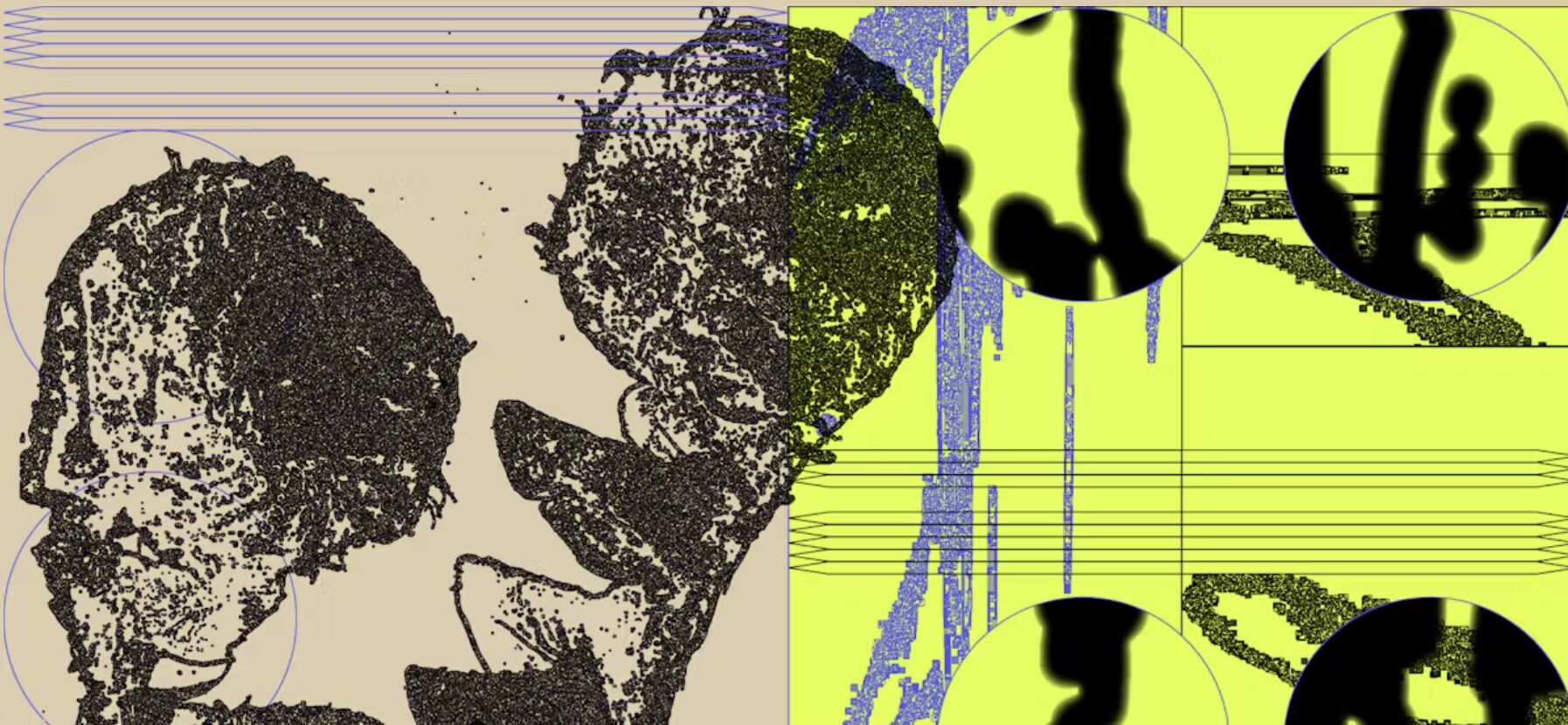Text by CLOT Magazine
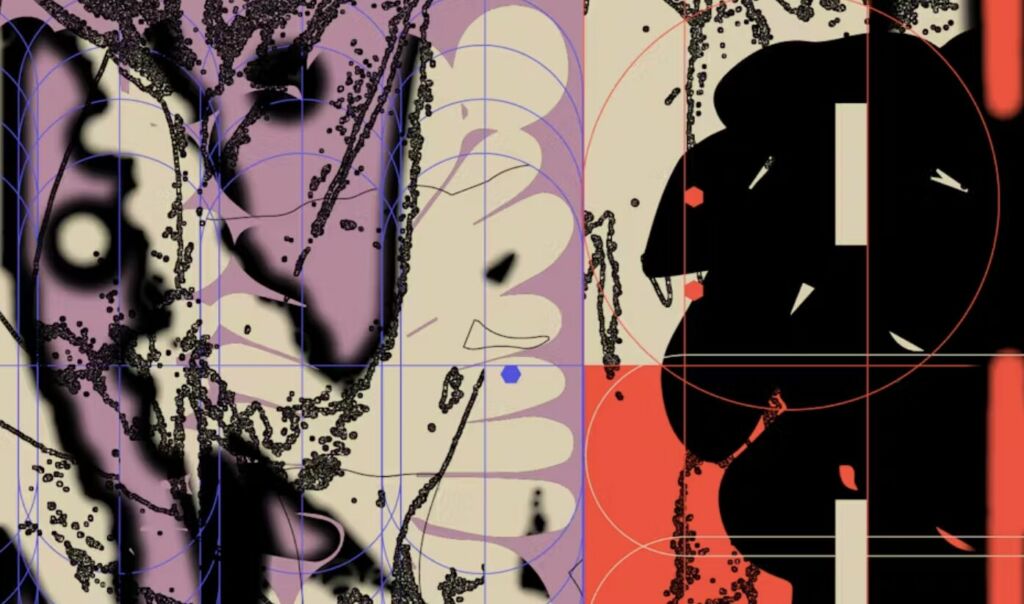
Rewire, the annual international festival for adventurous music, is returning to Den Haag (Netherlands) from 4 to 7 April 2024. It will bring together a wide range of musical and interdisciplinary performances, specially commissioned works, club nights and the art and discourse programme, which, similar to previous years, will consist of an exhibition, extensive talks and assemblies, listenings, and workshops.
Rewire and iii (Instrument Inventors Initiative) collaborate again for Proximity Music: States of Fragility. Launched in 2021, Proximity Music is a collaborative exhibition initiative which aims to create a fusion of music, architecture, technology, ritual, and play, offering immersive spatial experiences that stimulate all the senses. For this year’s edition, the States of Fragility exhibition will showcase a series of works set against the backdrop of unsustainable and often fragile social, political and ecological systems, from a disturbed ecological balance to ongoing wars and geopolitical tensions. Participating artists employ unique, imaginative, and occasionally unconventional methods to craft tools that delve into diverse aspects of human and more-than-human knowledge.
In a conversation with Yannik Güldner, the exhibition curator, we discussed how he had approached the curatorial process for this exhibition. When asked what aspects of contemporary life inspired him to explore these social, political, and ecological systems, he shared that the curatorial process reflected his feelings about the world around him.
Güldner’s background is originally in economics and political science, so his curatorial practice is informed mainly by trying to connect and understand the social, political and ecological systems through a personal lens, through the feeling they invoke in me. This feeling of an uncertain future when reading the news and not knowing what will happen in a time when the influence of humans on the planet is more destructive than ever, and seemingly, a new conflict emerges every day while being in the next once-in-a-lifetime crisis. The world around us feels fragile; the slightest tilt could be the tipping point into chaos. This is the fragility that I would like to understand and make tangible in the program.
The exhibition Proximity Music: States of Fragility allows audiences to listen from diverse directions and perspectives and fosters a new way of harmonising with our environment. According to the curatorial statement, the works foreground fragility as something to be attentive to while emphasising the need to listen closely to our shared and shifting environments.
Does Güldner see fragility as a weakness or a source of resilience and interconnectedness? I definitely feel that fragility is a source of resilience and interconnectedness. While there is a lot of tension between us as individuals and a global community, fragility is not only harmful – fragility can be strength, a way to treat each other with kindness. It means caring for oneself and another and having a more-than-human life.
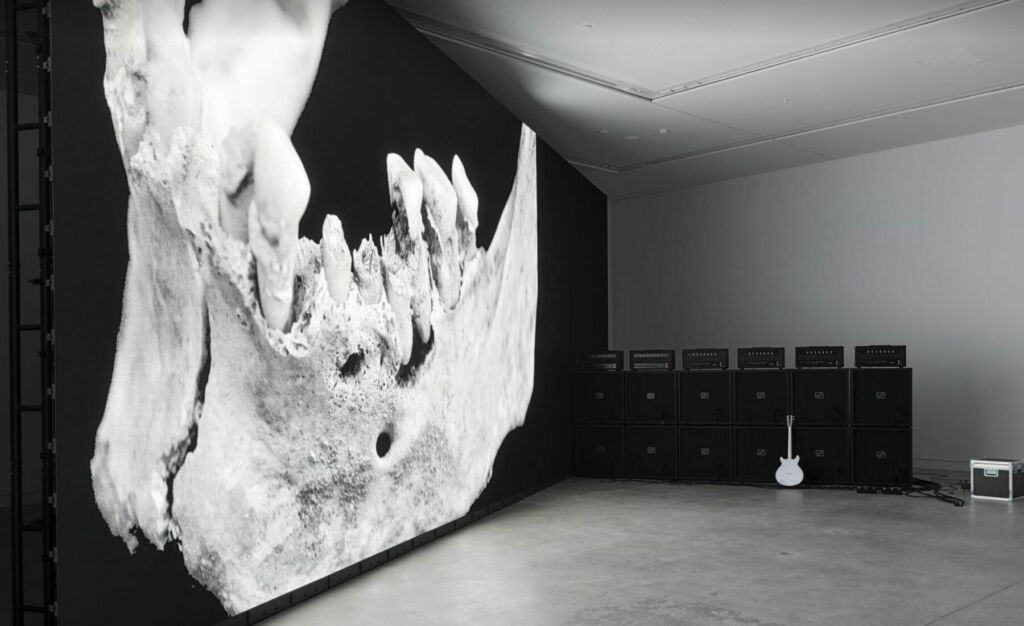
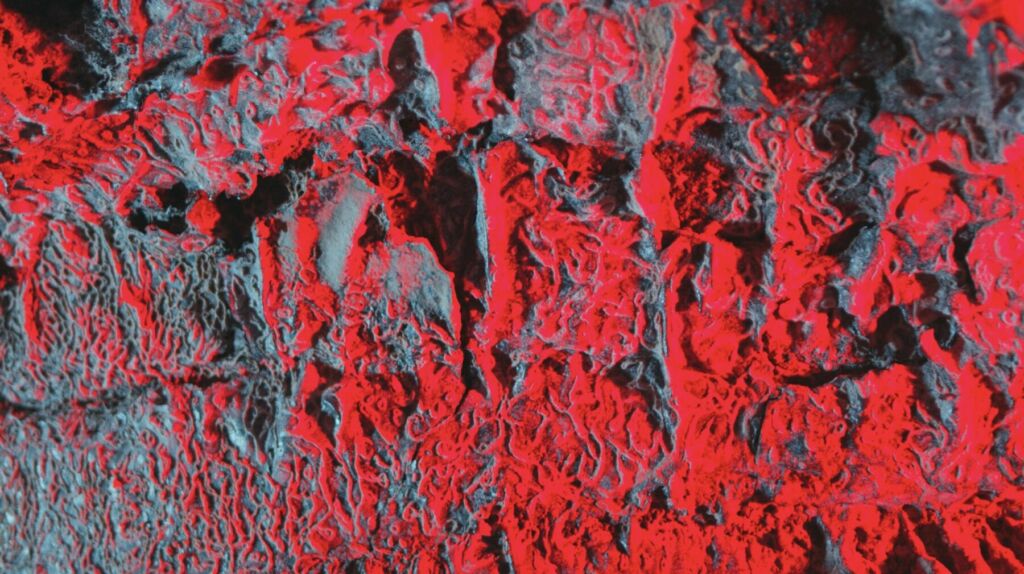
In the case of Proximity Music, Güldner felt an immediate connection between his feeling of fragility when thinking of the world and the medium of sound and its fleeting and fragile nature. At the same time, listening is such a powerful act of understanding the other, a skill we increasingly lack. We need to embrace this fragility, and allowing emotions to surpass is a process of empowerment that is more than ever necessary to overcome the challenges of our time, Güldner continues. He hopes this is the feeling that visitors leave after they experience the exhibition.
This feeling of fragility is a source of resilience and interconnectedness and is especially clear in the intricate works of Myra-Ida van der Veen and Jeanine Verloop. In Second Breath, Myra-Ida van der Veen has created an instrument in the form of a wearable lung that explores the challenges of holding onto breath, listening, being heard, and the loss of voice in space while unravelling the intricate relationship between the human body and the ethereal vibrations that emanate from within. In Chime, Jeanine Verloop works with glass and sound’s fragile and flexible nature to generate movement. Chime allows audiences to enter a more-than-human world while giving them space to interact and reflect on their own position.
Marco Fusinato, Nandita Kumar, Sophia Bulgakova, Henk Schut, Andrius Arutiunian, Louis Braddock Clarke, and Pelle Schilling complete the line-up. Güldner says that shaping this exhibition took nearly a year from the initial thoughts. The selection process was an asymmetrical embodied process in which one work leads to the next rather than a methodological one. Güldner profoundly believes that a selection process is always a collaboration, connecting emerging, established, and local voices with international voices.
For example, meeting Nandita Kumar online for the first time resonated so well from the get-go that it gave him this feeling of understanding and curiosity. Another example is DESASTRES by Marco Fusinato. The work captured this feeling of fragility and chaos very well, and building on that, he was curious to contextualise it further.
In Proximity Music: States of Fragility, the artists develop instruments to explore different forms of human and more-than-human knowledge through the lens of personal, creative and unorthodox approaches. For Güldner, unorthodox relates to how the research is conducted and presented, how artists use existing knowledge and technology in ways they were not intended to or create their tools and sensors to make the work and experience they intend to. He thinks that artistic research can look at knowledge from a different perspective than classic research, leading to different outcomes.
The intricate dance between artistic and academic research fascinates me a lot. In his opinion, it is the flip side of the same coin, and only if both exist can we understand our world holistically. One of the best examples of this is seeing Nandita Kumars—seeing a modified pianola playing algorithmically generated haikus of fake news is definitely an experience you won’t forget any time soon.
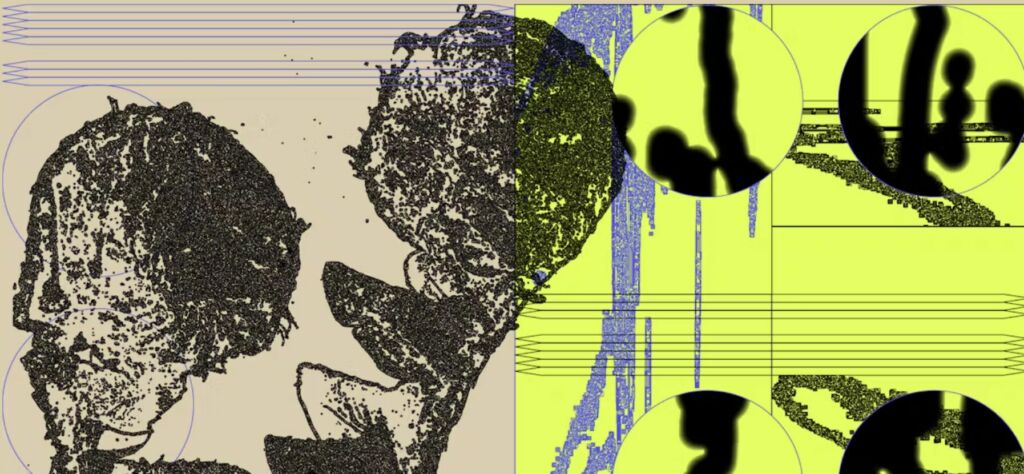
The Rewire 2024 context programme, as it usually does, has been articulated around the music and performance line-up, plus Rewire’s research lines of Instrumental Ecologies and Times and Territories. This year, the focus will be on the various forms of intelligence that inform contemporary music and sound practices.
Aimig to provide a space for reflection and to bring the various practices of artists into conversation with one another, the programme includes conversations, workshops, audio walks, listening sessions, and assemblies. Also inspired by Rewire’s artist in focus, Annea Lockwood, the programme will examine the ways in which artists attune to local environments and invite listeners to recalibrate their relationships with their surroundings while asking what it means to listen collectively in these troubling times.
Three venues, The Grey Space in The Middle, Page Not Found, and the Royal Conservatoire’s New Music Lab at Amare, will operate as Rewire’s context programme’s main centres. At the Grey Space, each day will start with a listening session with partner Norient. Discourse sessions will include When the Sound Listens Back, around the theme of environmental listening with Norient, and Fragile Minutes, a gathering around club culture and local scenes in The Hague and beyond. Other conversations will be held around the topics of Musicking Intelligence: Modes of Improvisation, Veering Voices, Folkloric Iterations, Forms of Resistance (Saint Abdullah, Maya Al Khaldi & Sarouna); Elements of Sounding (Jlin, Jenny Hval, Atelier Impopulaire). Salomé Voegelin will be in a conversation with Annea Lockwood on forms of urgent listening and un-finding. At Page Not Found, the festival will host a weekend of intimate listening sessions around the theme of Times and Territories.
Following last year’s pilot edition, which resulted in an online publication, this year’s Rewire Reflections will invite aspiring and early-career critics, writers, and researchers to join an intensive writing workshop led by Laura Snapes (music journalist and deputy music editor at The Guardian).
Check the lineup and timetables here.

